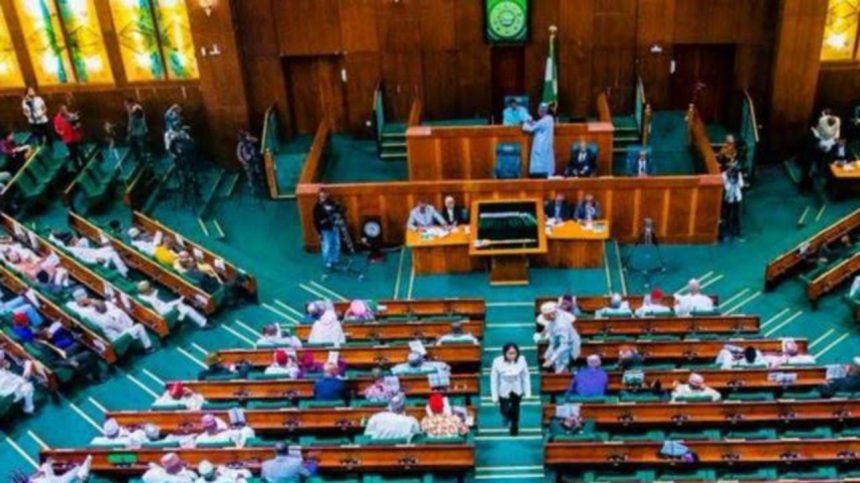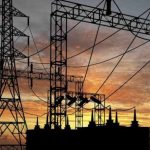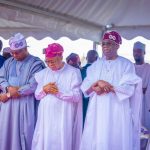The House of Representatives, led by Deputy Speaker Benjamin Kalu, has committed to addressing the concerns surrounding the recent hike in electricity tariffs as soon as it reconvenes on April 23, 2024.
During a virtual appearance on FLO FM’s “Ben Kalu’s Mandate,” Kalu acknowledged the public’s distress over the Nigerian Electricity Regulatory Commission’s decision to increase tariffs for Band A consumers by 240% to N225/kilowatt hour.
The Deputy Speaker assured that the parliament would seek a balanced solution that considers both the citizens’ welfare and the sustainability of investors.
He also mentioned the pressing issue of the University of Ibadan Teaching Hospital’s power supply, which was affected by the tariff hike.
“It’s a general problem. While I was on my holidays, one of the things I was bothered with was a letter sent to me by the majority leader of the House on the need for us to intervene in a matter involving the University of Ibadan Teaching Hospital power supply. They were disconnected because of this hike and they don’t have the money to pay. We said it’s an essential service. Something should be done about it while we look at other details.
“I can assure you that when we resume, it’s one of the things we are going to look into. We will look at both sides of the coin to know a win-win approach to it because we cannot also suffocate the investors. We cannot allow Nigerians to suffer unduly. So, it is one of the things we will look at by the time we resume and we will find a way to solve it,” the statement quoted Kalu as saying.
Regarding the discourse on a new constitution, Kalu emphasized the importance of public participation in the process and assured that the National Assembly would reflect the collective voice of Nigerians.
“Some schools of thought expressed the view that they want a new constitution. They want us to drop the old one and take up a new one.
“Some elders known as The Patriots are also asking for a new constitution. But as you know, we are the people’s parliament. You are our bosses. Whatever the people decide for us to do when we have our public hearings and all these engagements, when we move around because we are going to go to every zone, most local government areas, or senatorial or geopolitical zones to engage, is what we will look at.
“If the people have a general consensus that this is what Nigerians want and the template of what they are asking for; what is wrong with this one that you want to change? How would the new one look like and what do you have in mind? We will be able to factor that in.”
He highlighted the growing public awareness and engagement in the constitutional amendment discussions as a positive sign of democratic involvement.
“I like it when people call to discuss that. It shows there is awareness, which is very key. It’s only when you are aware that you can engage and make the right impact,” he said.





